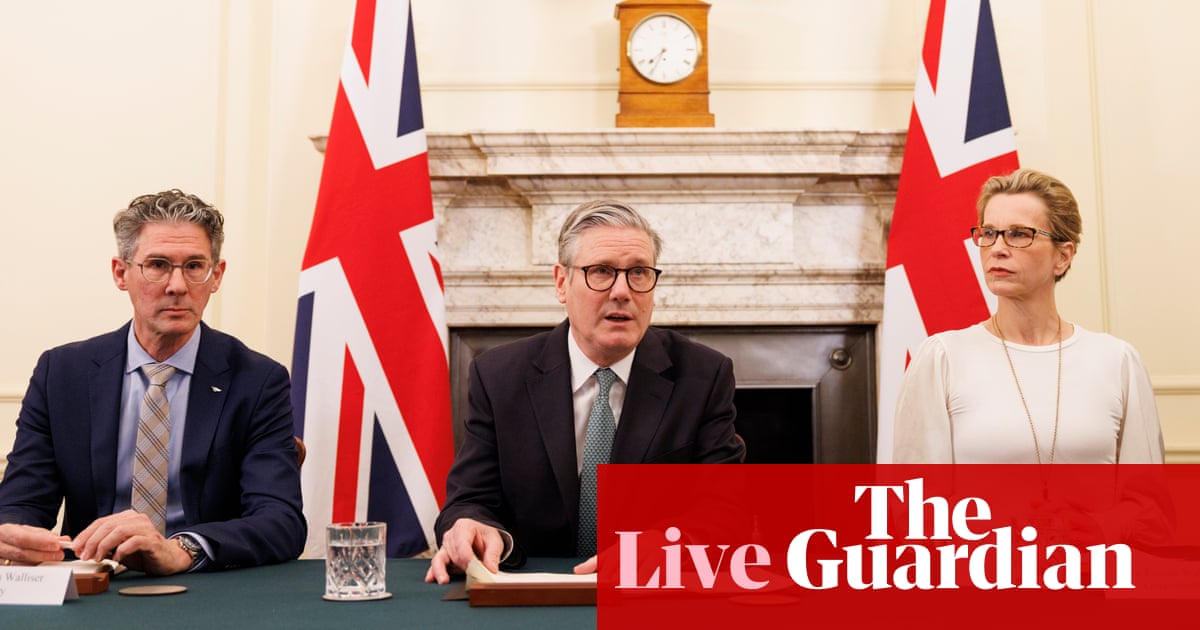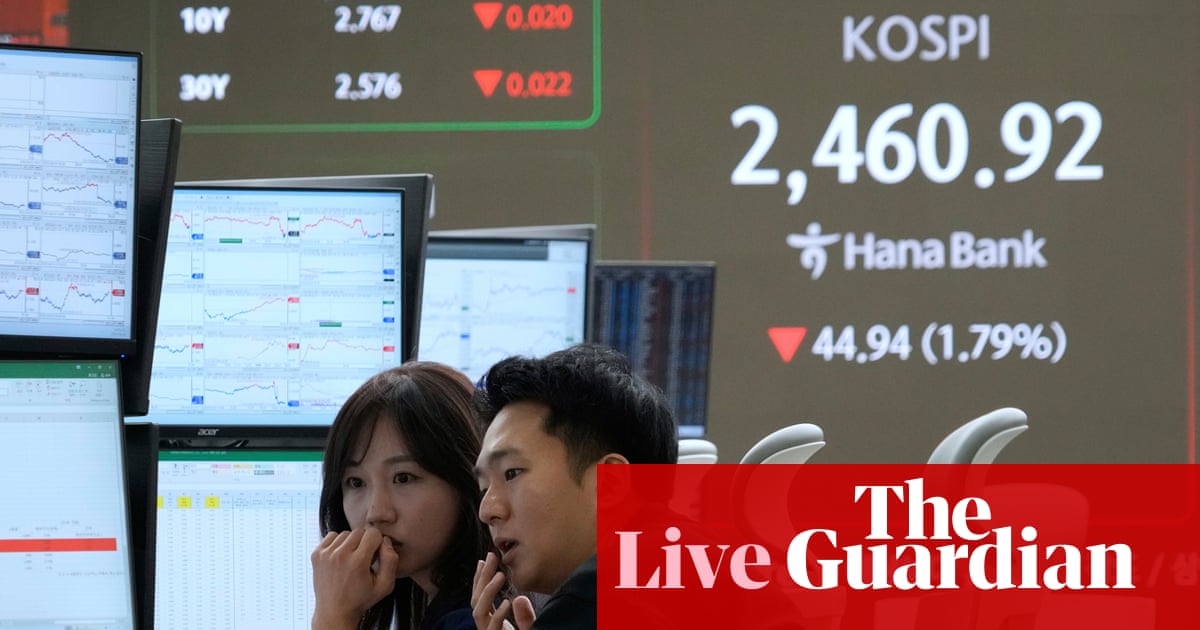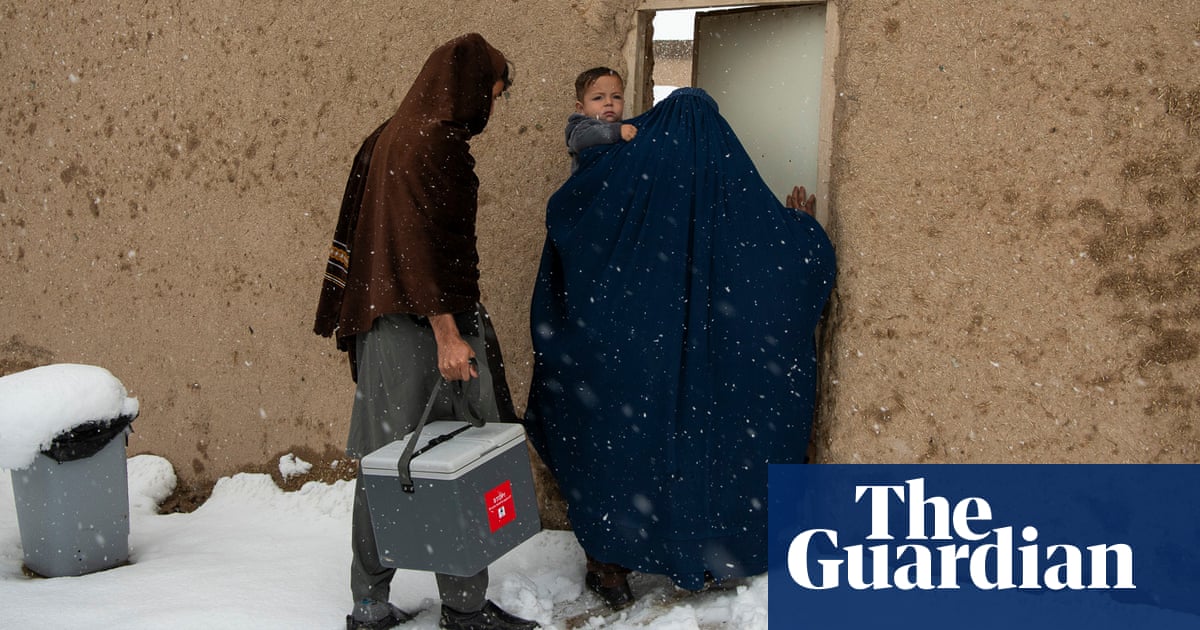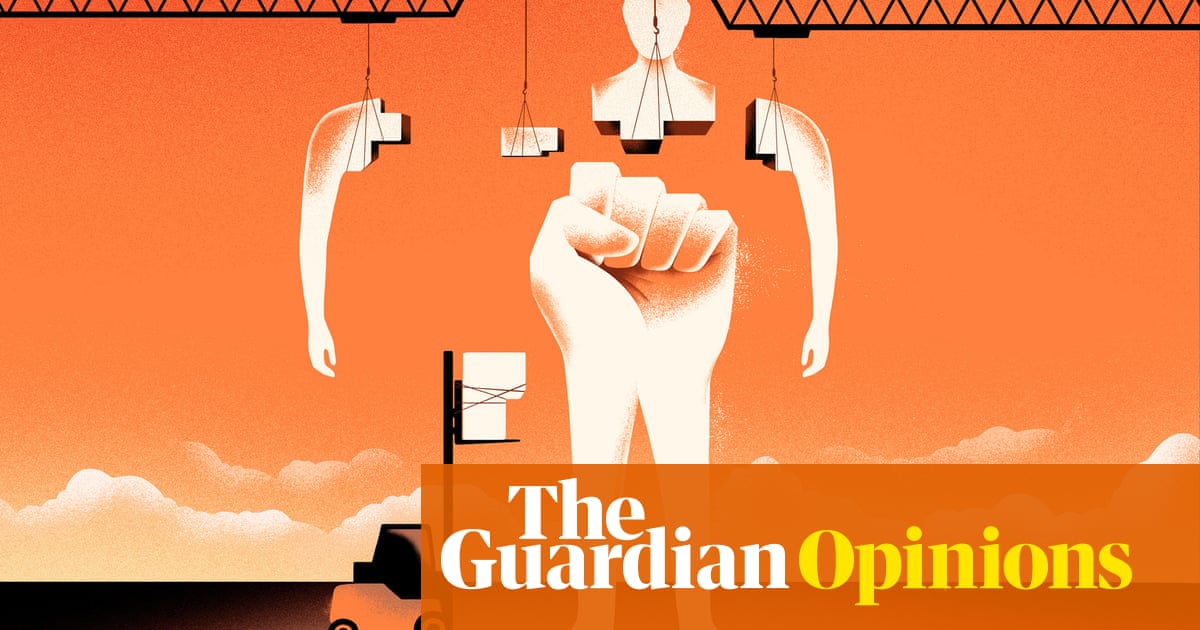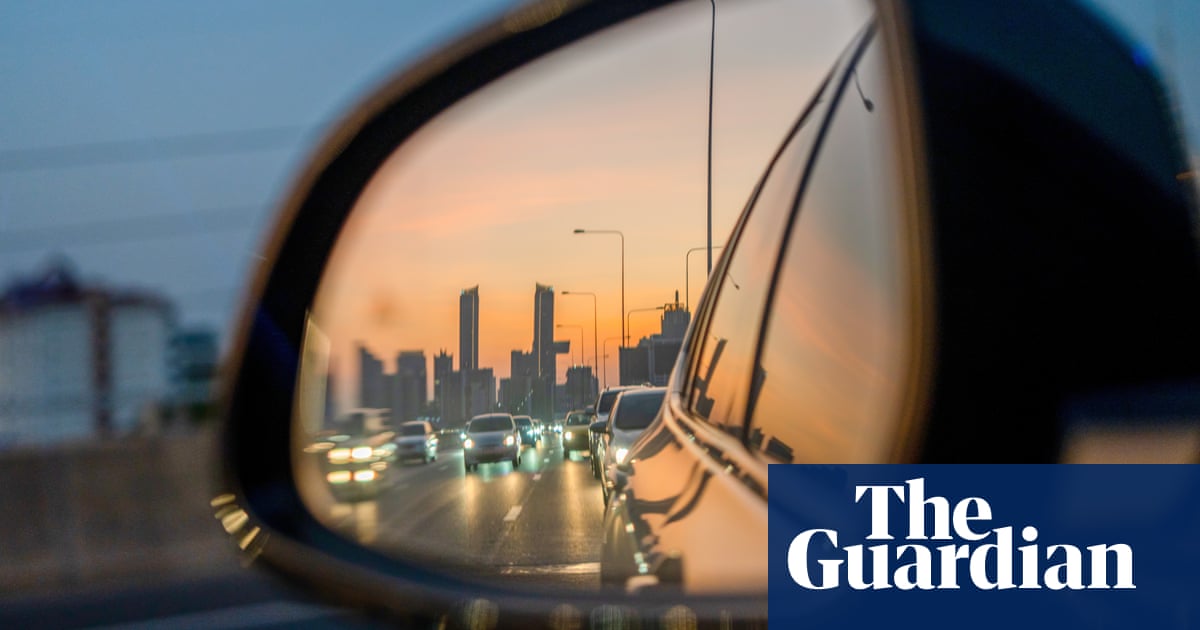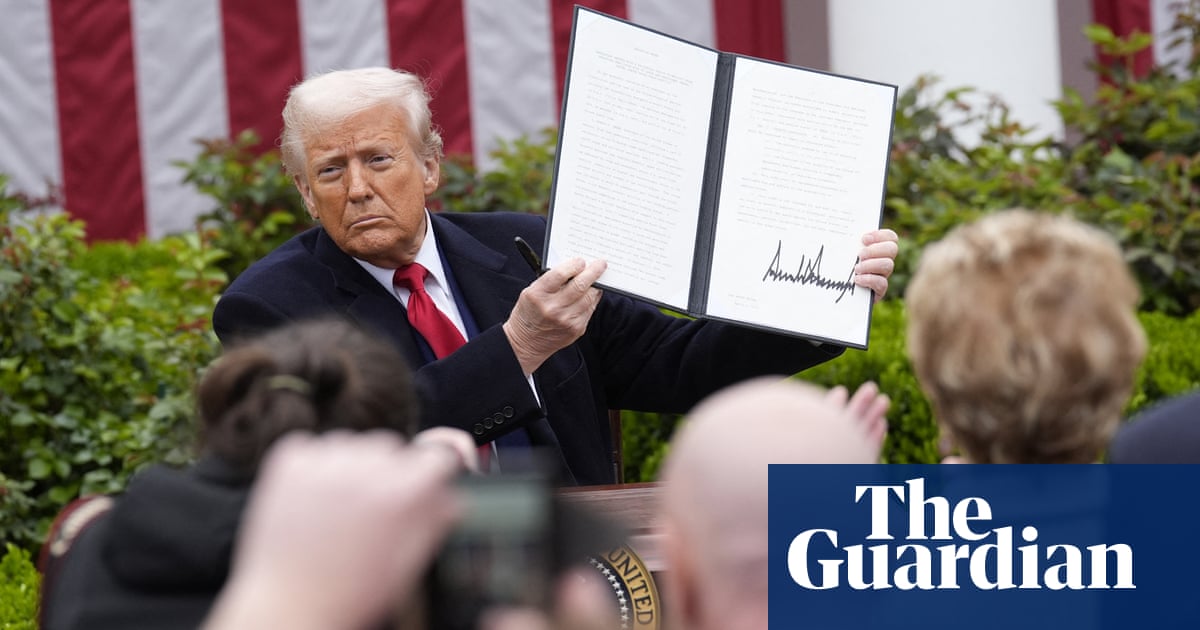Nobody in 2023 would have guessed that Sabrina Carpenter or Chappell Roan would be festival headliners in 2025, or that the Foo Fighters’ rumoured summer tour would not go ahead after Dave Grohl became the father of a baby girl born “outside of [his] marriage”.
But despite the unpredictable side of the music industry, live events are being organised further and further in advance.
Top music venues are now booking two years ahead, locking in acts for 2027, and festivals are rushing to announce lineups earlier than ever. With a shortage of headliners and tours increasingly expensive to run, hot new artists are already being scouted out for 2026, and the industry is changing the way it operates.

“It’s definitely all happening more in advance,” said Finlay Johnson from the Association for Electronic Music. “We’re seeing a trend of festivals booking acts earlier. Primavera Sound in Barcelona announced its lineup in October, and it takes place in June this year, which means negotiations would have started before their last festival even happened. Others have followed suit. Partly, they want tickets to be on sale for as long as possible, but they also want to secure headliners as there are fewer acts available.”
Few musicians are capable of drawing a broad cross-section of fans. “People seem to be buying tickets based on name recognition,” said Kelly Wood, national organiser for live performance at the Musicians’ Union. In turn, mid-level artists who in the past might have significantly contributed to a festival’s sales are now “really struggling”.
By playing on the largest stage and getting prime social media exposure, existing headline artists keep getting bigger – further distancing themselves from other acts, exacerbating the situation. “The gap between the top and the middle is really, really stretched,” she said.

John Rostron, chief executive officer of the Association of Independent Festivals, said “pretty much every established festival” now has its lineup for the following year announced by the end of November, when it would normally have been done by the end of January. “The timelines have shifted.”
Top agents say they are being given 48-hour expiry times on offers and are under pressure to say yes, creating the risk they might undersell their acts if they subsequently win an award, top an end-of-year poll, or explode in popularity.
Glastonbury, which is more popular than ever and sold out this year’s tickets in 35 minutes, remains an outlier and has not yet announced its bill for the summer. However, it was confirmed earlier this month that Neil Young would headline the Pyramid stage after he had previously said he would be pulling out. The festival recently reported that it had more than doubled its profits last year.
Early indications suggest that 2024 was also a strong year for stadium tours, notably Taylor Swift, according to UK body PRS for Music, and the biggest performers, such as Adele, have opted for artists-in-residence shows, where fans travel from all over the world to one venue.

Touring artists face many financial challenges, including increased US visa costs, equipment delays at EU borders and the huge increased cost of crew, lighting and bus hire.
Ticket prices for live shows have risen, especially with the dynamic pricing model, which adjusts according to demand, and festival prices have also gone up. “It used to be 60 quid a pop, now it’s going to cost 250 to 300,” said Wood.
after newsletter promotion
As a result, audiences have come to expect more for their money. Bigger and more complex tours need to be planned well, which takes a long time. LED screens, high-level production, extra musicians and dancers are just the start. “It costs huge amounts to put on big shows, and it’s understandable when you hear how many people are actually working on them,” said Wood. “It’s a travelling circus.”
At festivals, where promoters often foot the bill for stage production, this creates further pressure to secure headline acts that can guarantee ticket sales.
Sacha Lord, the night-time economy adviser to Greater Manchester’s mayor, Andy Burnham, said there are “only a handful of artists who can pull these shows off”, and the rest of the industry is nervous. “It’s going to be really tough this year.”
According to the Music Managers Forum, 72 festivals were lost in the UK in 2024, some permanently, and some temporarily through postponement. Likewise, many venues find themselves in precarious situations and “everyone is feeling the pressure”, said the forum’s chief executive, Annabella Coldrick.

Some prestigious London venues are trying to stay nimble, deliberately keeping slots open in case they miss the next zeitgeist act like the Last Dinner Party, Wet Leg or Myles Smith. But with more new music now coming out than ever before, can promoters really predict what people want to see in a live setting?
Johnson thinks not. “If you’re booking for 2026 and doing the negotiations now, you’re capturing a moment in time – and the audiences in 2026 might not feel the same way as they do now.”
“Bookers are essentially making a bet on the next two years, and it’s that nothing better will turn up,” said DJ Paul Rose, aka Scuba, who hosts the Not a Diving podcast. “It’s not a vote of confidence in the industry.”

.png) 2 months ago
27
2 months ago
27
